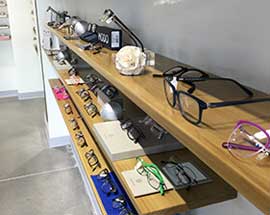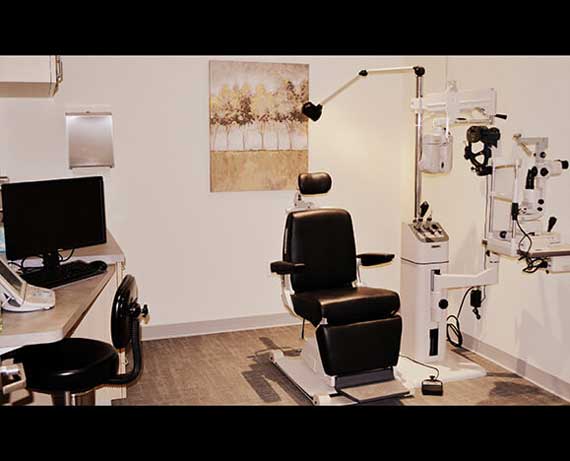Are you tired of constantly relying on glasses or contact lenses to see clearly? If so, you might be considering LASIK surgery as a solution to improve your vision. This blog post discusses the factors that determine if you’re a good candidate for this procedure and provides more information about LASIK.

Factors to Consider for LASIK Candidacy
Before going ahead with LASIK surgery, it’s good to consider whether you’re a suitable candidate. Some key factors determining your eligibility include:
- Age: Generally, LASIK candidates should be at least 18 years of age to ensure their eyes have fully matured.
- Stable vision prescription: Your eyeglass or contact lens prescription should be stable for at least one year before undergoing LASIK surgery. This helps ensure that your vision won’t change significantly after the procedure.
- Corneal thickness: LASIK surgery involves reshaping the cornea, so it’s essential to have sufficient corneal thickness. If your cornea is too thin, you might not be a suitable candidate for LASIK.
- Eye health: Certain eye conditions, such as glaucoma or severe dry eyes, may make you ineligible for LASIK surgery. It’s crucial to discuss your eye health history with your eye care professional to determine if LASIK is right for you.
Pre-LASIK Evaluation
Once you’ve assessed your eligibility for LASIK, it’s important to undergo a comprehensive eye exam. During this evaluation, your eye care professional will assess your eye health and vision stability to confirm that you’re a suitable candidate for LASIK surgery. They will also ask about your expectations and any concerns you might have about the procedure. This is an excellent opportunity to gain a better understanding of the procedure.
Alternatives to LASIK
If you’re not an ideal candidate for LASIK, there are alternative vision correction options that will be recommended to you. Some of these treatments include the following:
PRK (Photorefractive Keratectomy)
This is a procedure similar to LASIK but involves removing the outer layer of the cornea rather than creating a flap. It may be more suitable for those with thin corneas.
ICL (Implantable Collamer Lens)
A small, flexible lens is implanted in the eye to improve vision. This option is ideal for people with high levels of nearsightedness.
Continued Use of Glasses or Contact Lenses
While not a permanent solution, you can still achieve clearer vision through the use of prescription eyeglasses or contact lenses. However, it’s still important to practice proper eye care to maintain your vision and avoid vision-related problems.
Importance of Post-LASIK Care
Maintaining your eye health is critical after LASIK surgery. Regular eye exams will help track your eye health and ensure the ongoing success of your vision improvement. Additionally, practicing good eye care will help preserve your newfound clarity.
LASIK surgery can be a life-changing solution. If you think you might be a good candidate for LASIK, consult the experts at Six One Six Vision Center in Eagle, ID. Call us today at (208) 514-1858 or send us a message to schedule a consultation.




